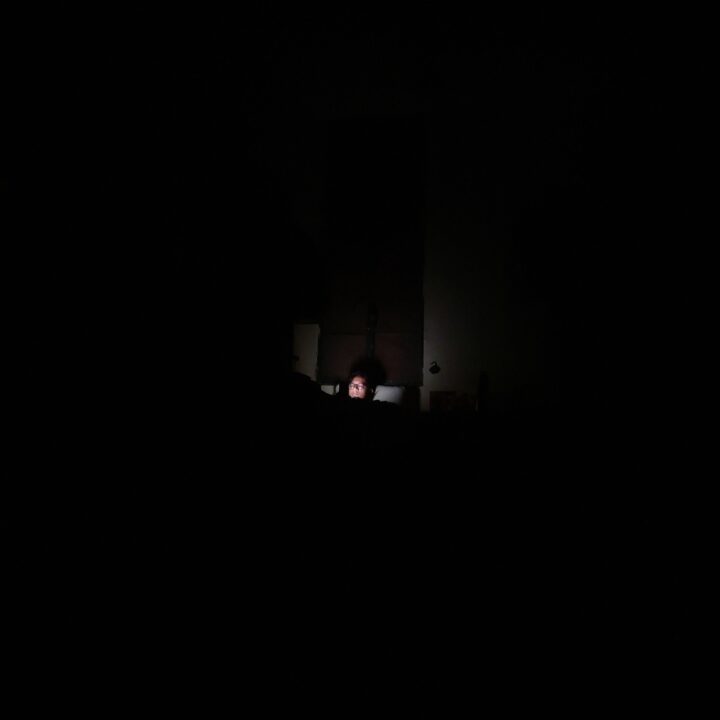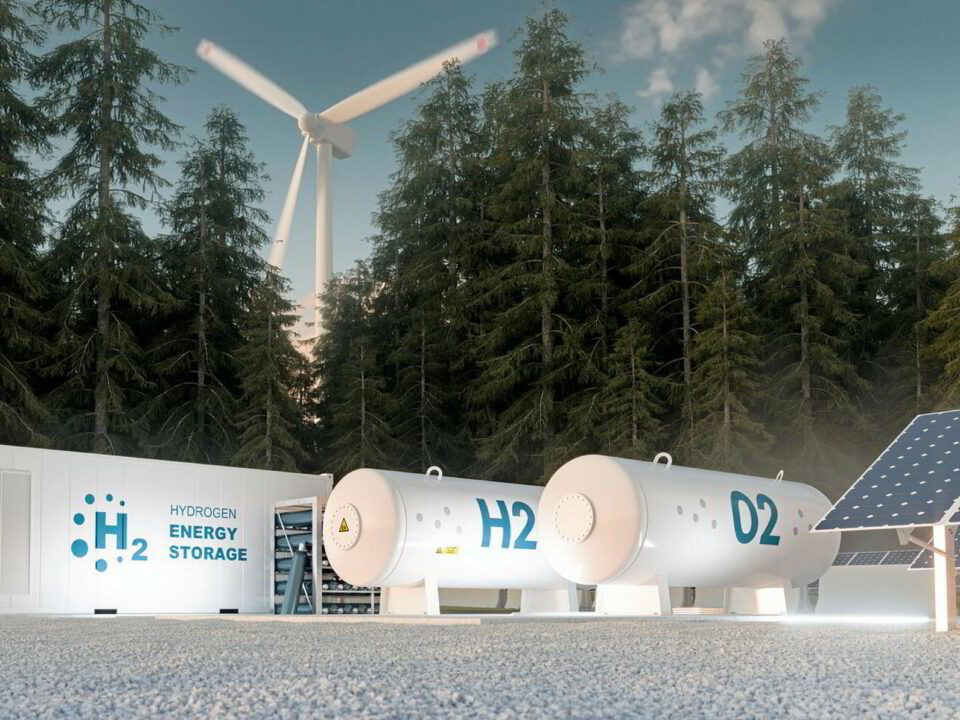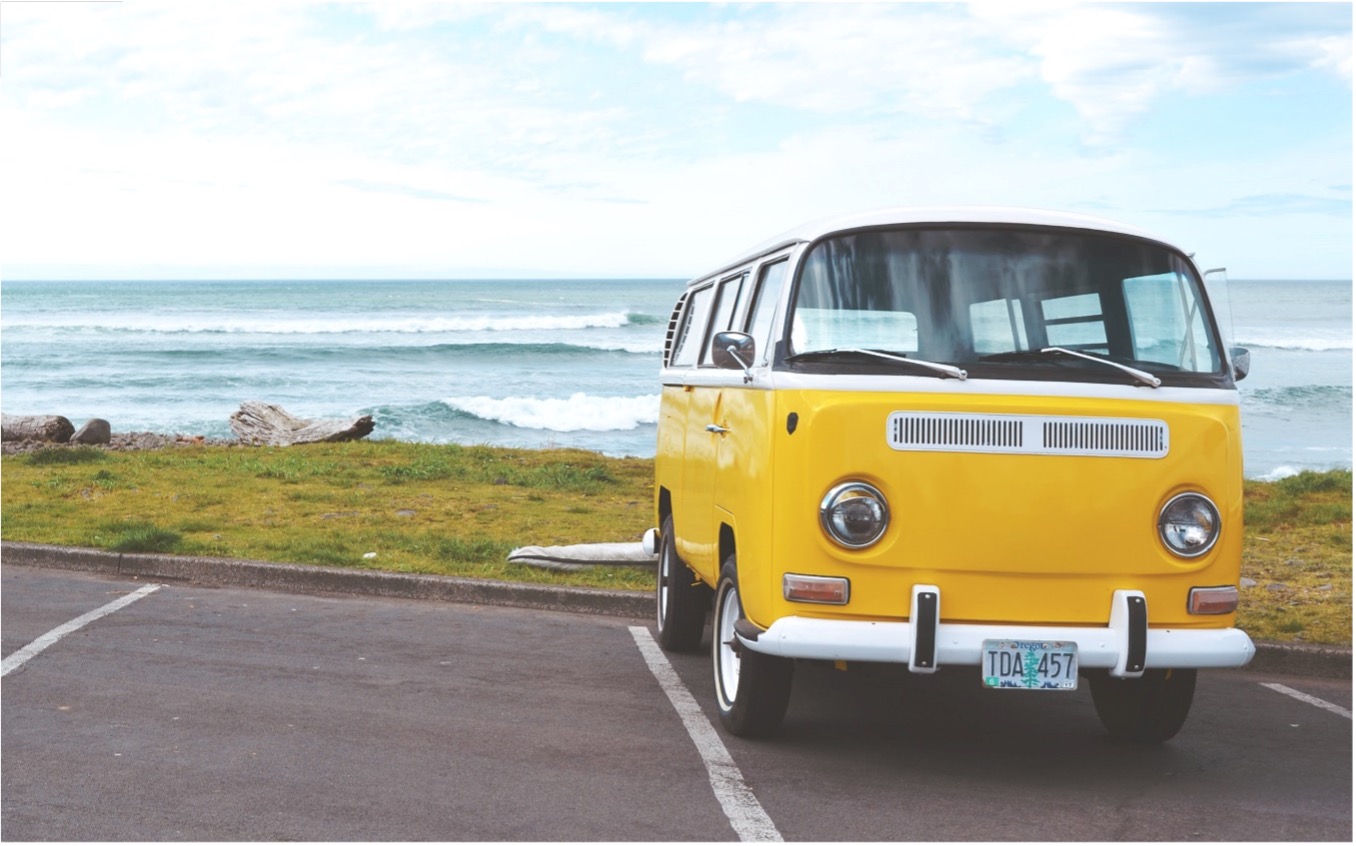
A guide to powering your campervan
March 11, 2021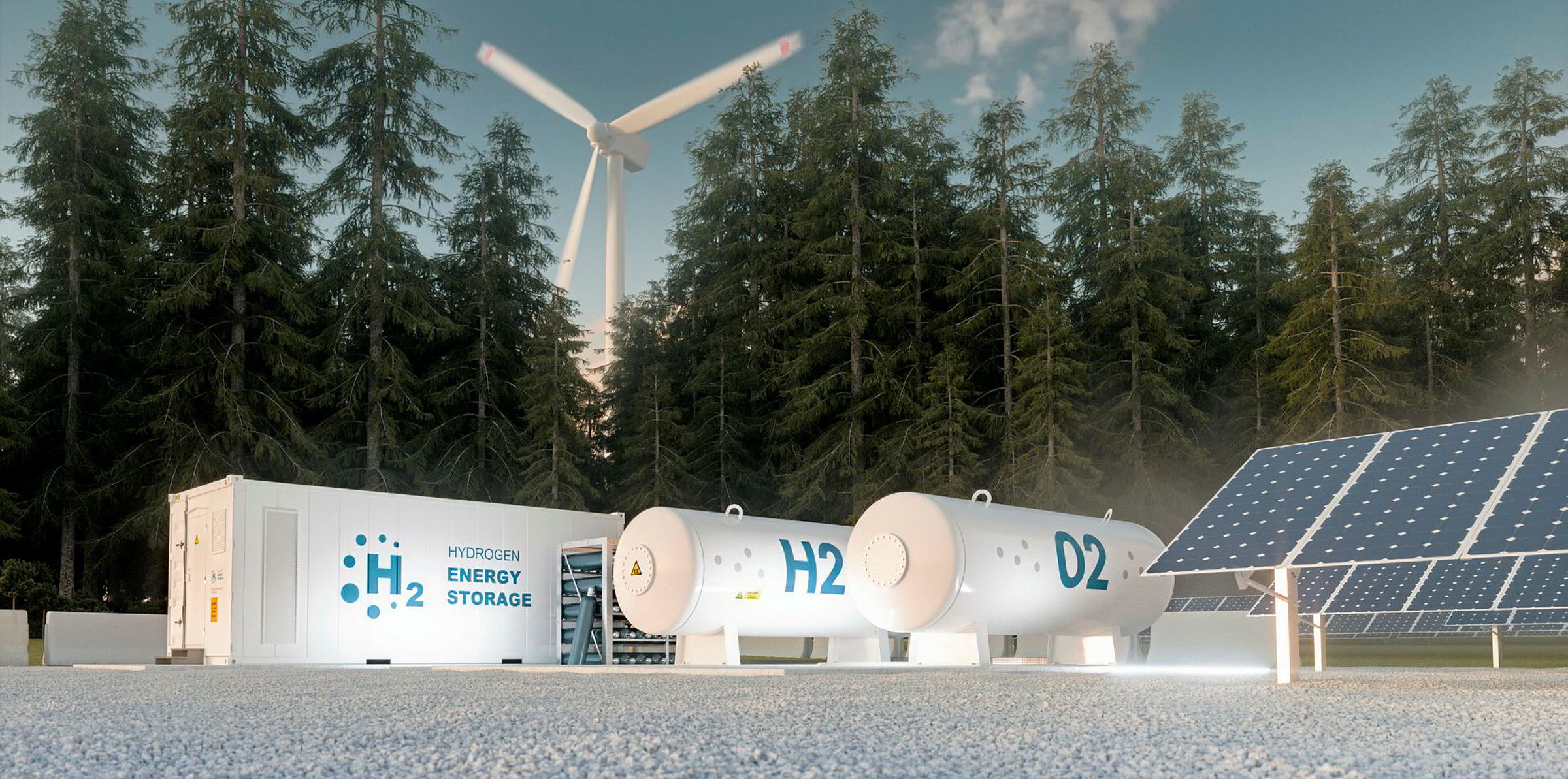
Hydrogen vs electric batteries: A comparative analysis
November 29, 2021How to live off-grid without worrying about becoming primitive?
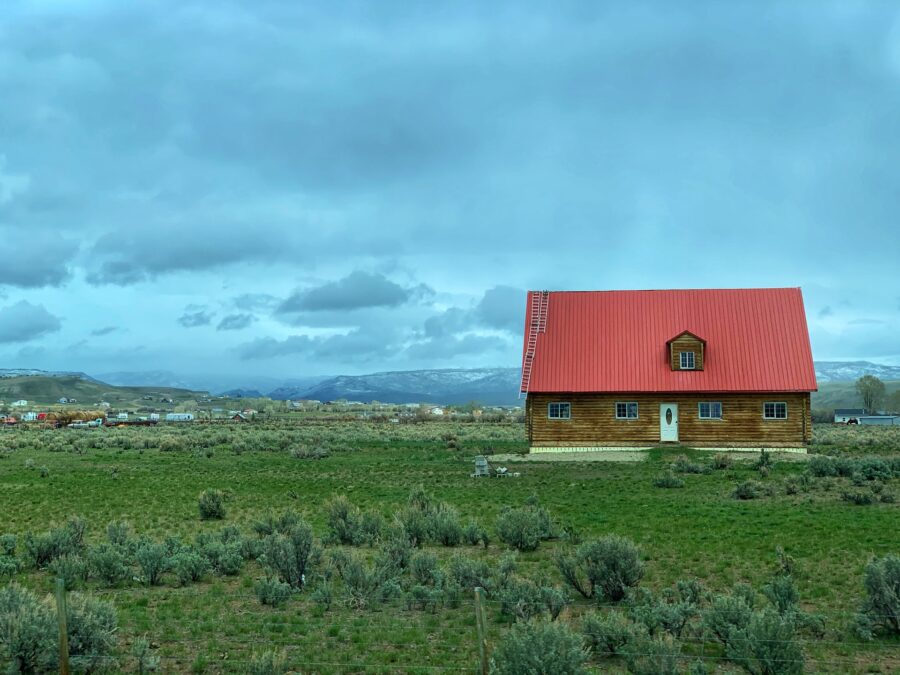
Have you always wanted to live far away from the city hustle but worry that it might be difficult to cope with living in an off-grid home? This blog will take you through the ways to be powered when you are living off-grid. But first, let’s understand what living off-grid means and the issues that can come with it.
Living off-grid essentially means living independently without being reliant on public utilities including the electrical grid, water, gas and sewer systems. But many people see it as living sustainably by reducing the resources they consume and, in some cases, producing even more resources than they consume. But does choosing to live off-grid mean you must live primitively? Not necessarily.
Living off-grid can come with benefits such as:
- Reduction in the cost of energy
- Generating only the amount of energy you need
- Freedom from being dependent on the public utility grid
- Reduction in your carbon footprint (only if you choose renewable sources to power your off-grid home)
There are options available for you to generate and store electricity that can later be used to power your appliances and other gadgets while you are living off-grid. Read on and see what resource works best for you:
- Utilizing Solar Energy
- Installing solar panels: If you are planning to live in a place where there is a lot of sun, you can consider using solar panels to power your off-grid home. The downside of using solar panels is, first, it can only be used where there is a lot of solar exposure all year round and the second is the cost. Solar panels come out to be expensive when you are planning to power your whole house with them. Although if you have enough solar power, you may be able to make money by selling the unused electricity, which you have generated, back to the grid. Also, we cannot run out of solar energy, unlike some of the other sources of energy.
- Using solar roofs or solar tiles: The latest technology using solar energy, solar tiles also convert sunlight into electricity, just like a regular solar panel. However, unlike regular solar panels, these can be fitted onto your roof and they look like any other regular roofing tiles. The benefits of using solar tiles is that they are much more resistant and stronger than solar panels, on occasions of cyclonic winds or hailstorms. However, this source does burn a hole in your pocket. On occasions when these solar roofs or tiles are seamlessly integrated with similar-looking non-solar tiles they are called building integrated photovoltaics (BIPV).
- Utilizing wind energy
Generating power using wind turbines is another classic option for off-grid energy. As the name suggests, wind electricity requires wind, of course. So, before you make any investments in the wind turbine, make sure to check with your local service provider the average wind speed in your area. Also, when choosing a wind turbine, size matters.
- Using Micro-Hydro Electricity
Generating micro-hydro electricity essentially involves utilizing a running water source to generate electricity. This method is recommended for anyone who is living by a running water source. Power generation using the micro-hydro method provides you with a constant flow of energy as there is no dependence on the weather unlike wind and solar options. However, if you do not have a stream or similar running water options close to your off-grid house, then this option just rules out!
- Utilizing new energy solutions like fuel cell generators
With hydrogen becoming a hot topic these days, the demand for hydrogen fuel cell generators is expected to skyrocket. Being one of the most effective forms of generating electricity with no dependence on weather or anything else, hydrogen fuel cell generators ensure undisrupted power thus are a great option for off-grid homes. These generators are environmentally friendly as they use hydrogen as their fuel with the only by-product being water vapor. Fuel cell generators usually come in various power outputs depending on the manufacturer, but the best part about these generators is that they can be clubbed with other renewable forms of energy to increase power supply.
WHAT ABOUT CHEAPER OPTIONS?
Most people opting to live off-grid have ‘sustainability’ at the top of their priority list. However, one must note that renewable energy generation can be quite expensive. So, those of you who are on a budget and still want to consider living off-grid, scroll below to check a few other ‘dirty’ options available to power your off-grid home.
- Lead Acid or Lithium Battery Power Systems
Although batteries are not as sustainable as solar or wind power systems, battery power systems are still widely used as backup system. Lead Acid batteries are an economical and affordable way to generate power. As a more expensive option, lithium batteries free you from consistent upkeep and provide a longer life expectancy on average basis. Batteries act more like a storage system as they give you the option to store your power generated from other sources such as solar, wind and water. While you can generate power using these sources, you can use batteries to “bank” it for later. Therefore, you have power available throughout the night, or on days without wind or sun. But keep in mind that batteries can be quite expensive, especially when you’re buying them specifically for off-grid living.
- Inverters
An inverter is used to change one power type to another. They are a necessary component when you are planning to use solar panels, as without an inverter, all that potential energy stored in your batteries cannot be used to power your off-grid home.
- (Fossil-fuel based) generators
With generators, the advantages are numerous although you need a fuel source. A generator can help cover you during periods of minimal wind or sun. It can recharge your battery system as well when needed. It can also be standalone when you don’t have a battery bank. Many off-gridders use power sporadically using a small generator as needed. With generators, there are multiple options such as diesel, gas, propane, or a combination of fuels. They all have their pros and cons.
- Propane-based generators: These run quieter generally, yet they are not always accessible. They can also be very expensive compared to other generators.
- Diesel-based generators: Most diesel generators are designed to stay in one place. They can be moved yet most are less mobile than gas generators as these tend to be bulky. Needless to say, they pollute the environment, are noisy and smelly.
- Gas generators: These are generally cheaper. Having a built-in tank is convenient yet you have to fill them regularly based on usage. Make sure to factor in travel expenses to the local gas station to refill your generator.
When it comes to choosing your off-grid power source, it boils down to finding a source of multiple sources that are affordable, doable, and available in your location. The above-mentioned power systems can provide you with backup and high performance in off-the-grid living, each come with their own set of strengths and drawbacks. Make sure to take the time to assess and determine your needs, and accordingly decide while selecting a power system.


